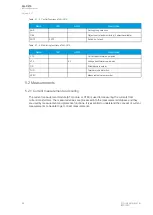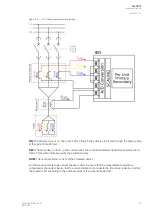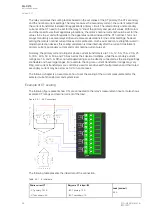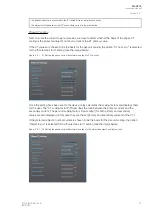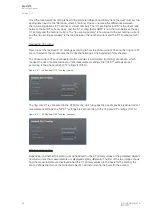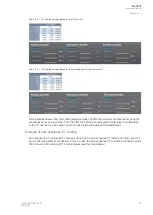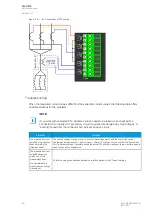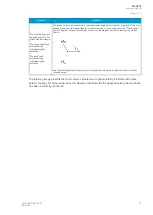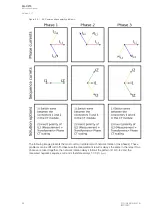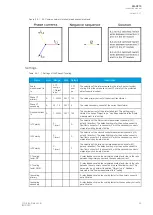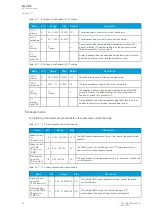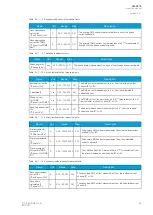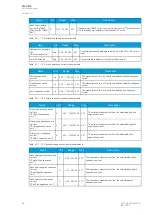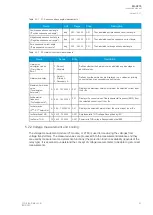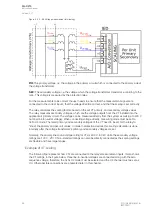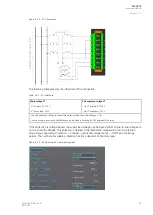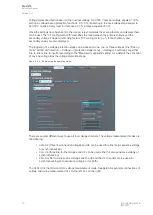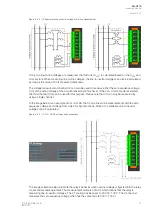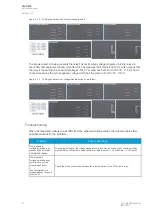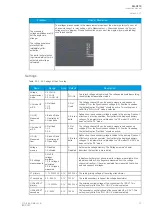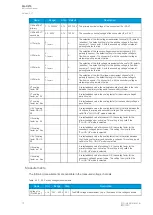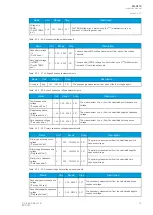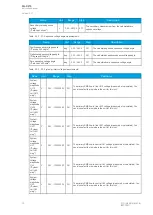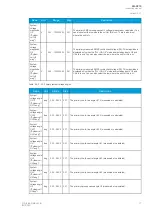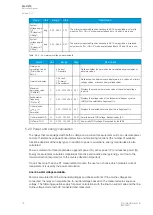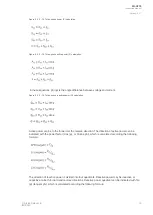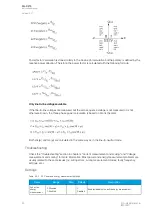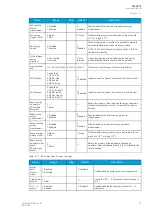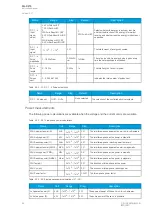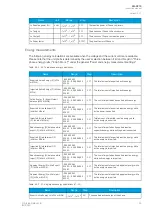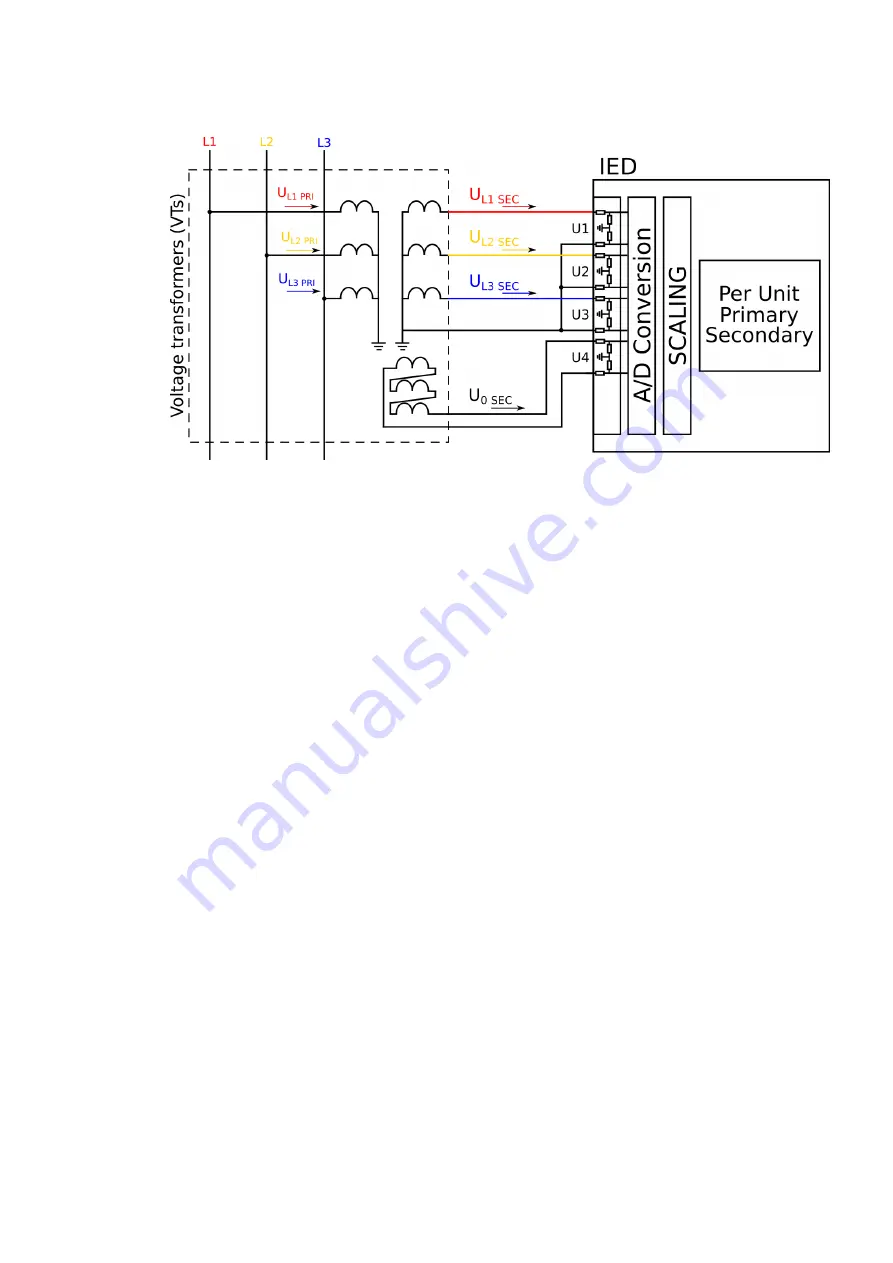
Figure. 5.2.2 - 66. Voltage measurement terminology
PPRI:
RI: The primary voltage, i.e. the voltage in the primary circuit which is connected to the primary side of
the voltage transformer.
SEC:
SEC: The secondary voltage, i.e. the voltage which the voltage transformer transforms according to the
ratio. This voltage is measured by the protection relay.
For the measurements to be correct the user needs to ensure that the measurement signals are
connected to the correct inputs, that the voltage direction correct, and that the scaling is set correctly.
The relay calculates the scaling factors based on the set VT primary, and secondary voltage values.
The relay measures secondary voltages, which are the voltage outputs from the VT installed into the
application's primary circuit. The voltage can be measured directly from the system as well (up to 400 V
nominal line to neutral voltage). When connecting voltage directly, measuring mode must be set to
3LN+U4 mode. The rated primary and secondary voltages of the VT need to be set for the relay to
"know" the primary and per-unit values. In modern protection devices this scaling calculation is done
internally after the voltage transformer's primary and secondary voltages are set.
Normally, the primary line-to-line voltage rating for VTs is 400 V...60 kV, while the secondary voltage
ratings are 100 V...210 V. Non-standard ratings can also be directly connected as the scaling settings
are flexible and have large ranges.
Example of VT scaling
The following figure presents how VTs are connected to the relay's measurement inputs. It also shows
the VT ratings. In the figure below, three line-to-neutral voltages are connected along with the zero
sequence voltage; therefore, the 3LN+U4 mode must be selected and the U4 channel must be set as
U0. Other possible connections are presented later in this chapter.
A
AQ
Q-C215
-C215
Instruction manual
Version: 2.07
68
© Arcteq Relays Ltd
IM00040

